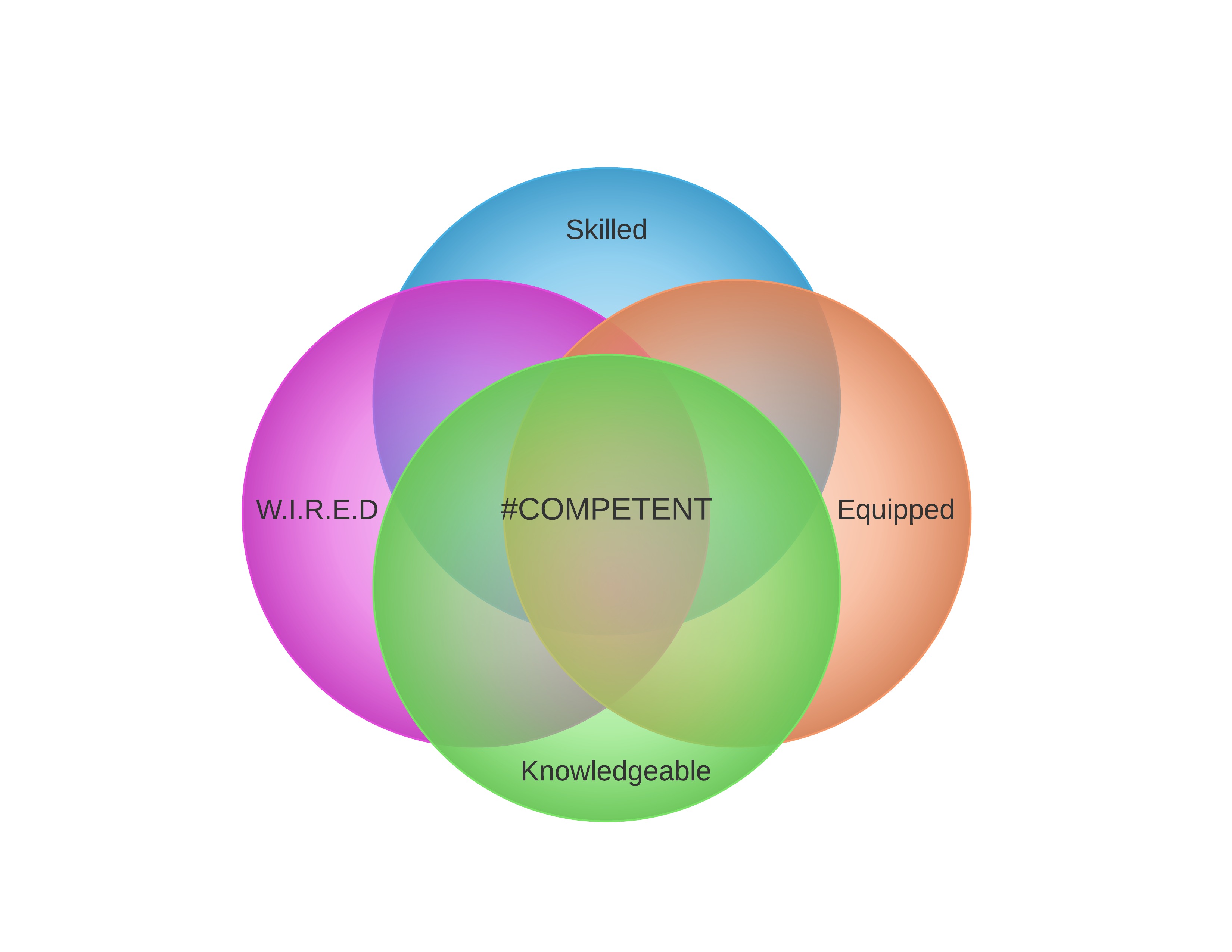Or is this the single greatest opportunity in the world for me to kick life in the mouth and hold up my fingers like a rock star?
A few years back I was having breakfast with a friend in the midst of transition. He’d been very successful at work, but was considering launching a new business with a partner. They had the expertise. They had the cash. They had a healthy history of working well together. But as my friend evaluated the risks, the questions he asked again and again were: “Can we make it work?” “Do I have what it takes?”
Turns out he did. Grand River Inc has been a smash success, providing e-commerce solutions for some of America’s largest corporations (Home Depot, Dell, and General Motors, just to name a few) and even winning an Inc. 500 award in 2012.
My friend has what it takes. But how did he know? How do any of us know?
The first question we must ask when we want to do something new is: can I do it? The other question—should I do it?—is about calling. But our focus here is on competence.
There are four essential components of competence: you’ve got to be skilled, knowledgeable, equipped, and WIRED to get the job done.
Here’s what I mean:
Skilled—You’ve got to be able to actually do the work you’re considering. There is a small cadre of resourceful, knowledgeable people who think they can do something because they read about it in a book. Many people enter ministry, for example, with a degree (knowledge) from a Bible college and are hired at churches (resources/equipment), only to discover they have none of the skills required for the job. They can’t multi-task. They aren’t socially savvy. They don’t know how to differentiate between interesting theology and helpful advice. They can’t balance a budget, meet a deadline, or reconcile the basic business of ministry with the missional mandate of ministry. Never overlook the fact that—at the baseline—you’ve got to actually be able to do some stuff on your own.
Knowledgeable—You’ve got to know all aspects of your work, and—in those acceptably few places where small knowledge gaps exist—surround yourself with others whose know-how shores up your ignorance. You can’t figure it out as you go along. Not for this. That’s fine if you’re building a model airplane from Walmart, but not if you’re considering whether to launch a personal coaching business.
Equipped—You’ve got to have the required resources for whatever it is you’re doing. Does it cost money? How much? Do you have it? Will it require special materials? Do you have time? Do you have the staff? Do you have the right location, the right market, or the right opportunity?
W.I.R.E.D.—I hate acronyms, but there isn’t one single word that gets to the heart of what I want to say. “Passion” comes close, but it’s too romantic. “Guts” isn’t bad, but it feels too temporary. If you’re trying to figure out if you’ve got what it takes to do something, you have to evaluate whether or not you’re W.I.R.E.D. for it. Do you have the will? Are you open to giving a significant portion of your life to this endeavor? Do you have the initiative? Are you ready to dive in boldly and overcome your fears? Do you have the resolve? When the thing gets tough and takes twice as long as you thought, will you stick it out? Do you have the energy? Are you willing to aggressively tackle each new problem that comes your way? Do you have the discipline? Are you willing to stay focused and do this thing (and not jump to some other thing, or twist this thing into something else because you got bored)?
Being W.I.R.E.D. is more important than being knowledgeable, skilled, and equipped combined. Why? If you’re W.I.R.E.D. for it, you’ll care enough to acquire the other three components. That won’t happen quickly, but an aspiring neurosurgeon has to be W.I.R.E.D. for lengthy study, extended schooling, and financial sacrifice if she’s ever going to stick her fingers in somebody’s brain. And if she is W.I.R.E.D. that way—then look out! There’s no stopping her. She may not be competent yet, but everyone around her knows that ten years from now she’ll be inventing surgeries that give X-ray vision to the NSA and telekinesis to wheelchair-bound octogenarians in care homes.
One final thing to remember: all of this still doesn’t address whether you should do something, only whether you’ve got what it takes if you choose to make it happen. That doesn’t mean this is any less important—after all, it is kinda nice to know you don’t entirely suck—but there is some wisdom in figuring out the moral, ethical, and social ramifications of making bombs, cloning sheep, or allowing Gordon Ramsay to run a daycare.
fossores
Related posts
Categories
Category Cloud
Tag Cloud
Recent Posts
- Victors and Victims November 6, 2018
- 3 Hacks for Happiness October 29, 2018
- Hope Against Death September 20, 2018
- The Shape Of The Cross September 19, 2018


